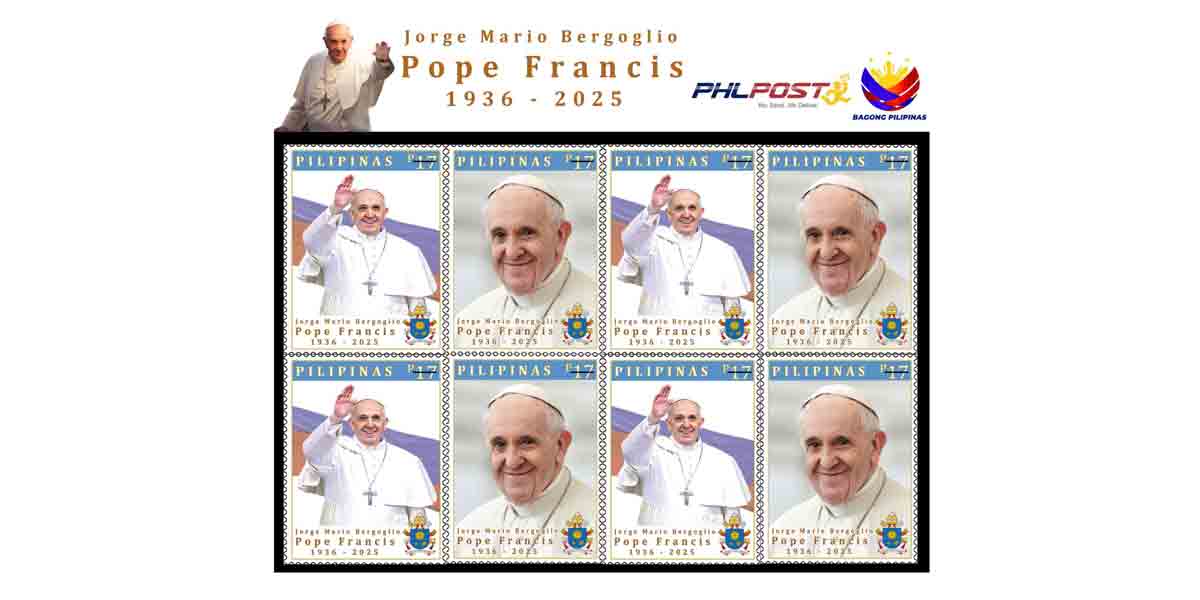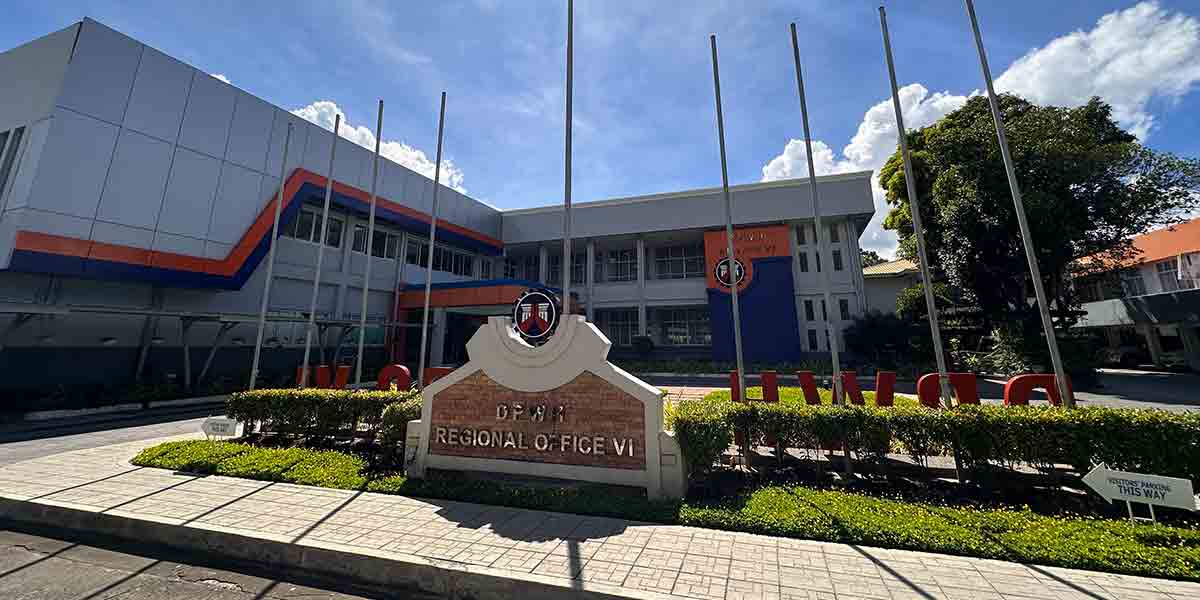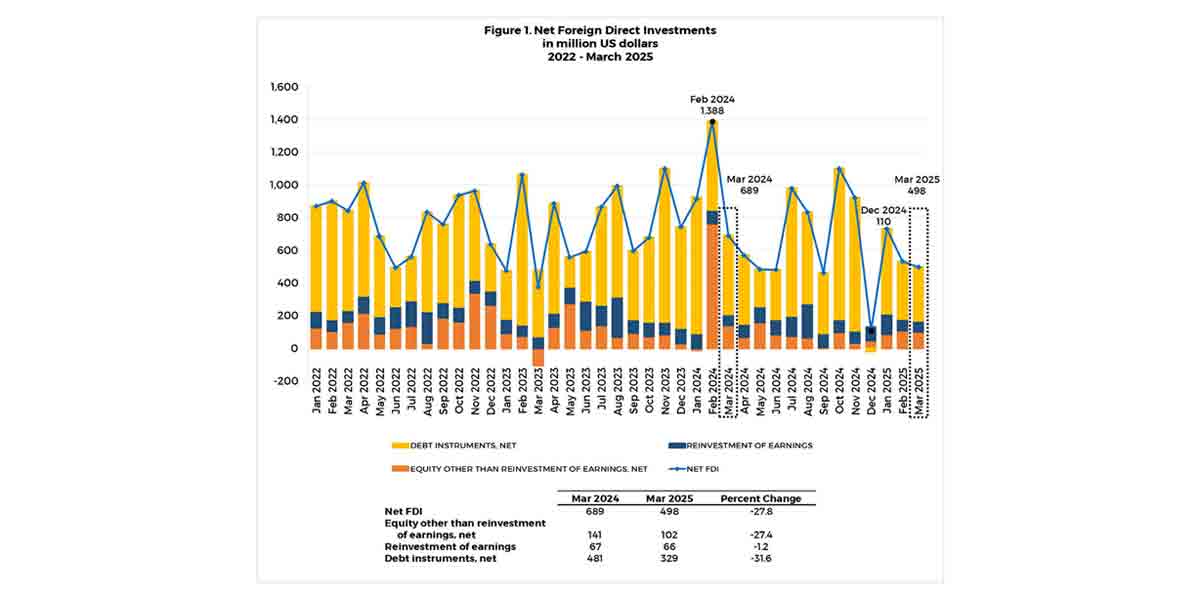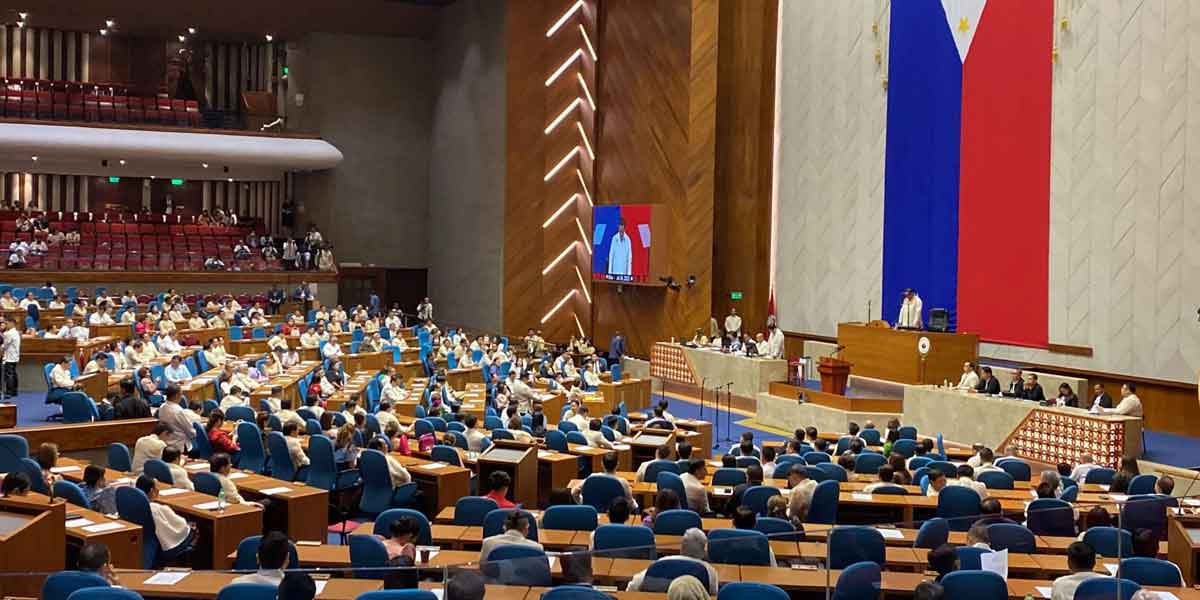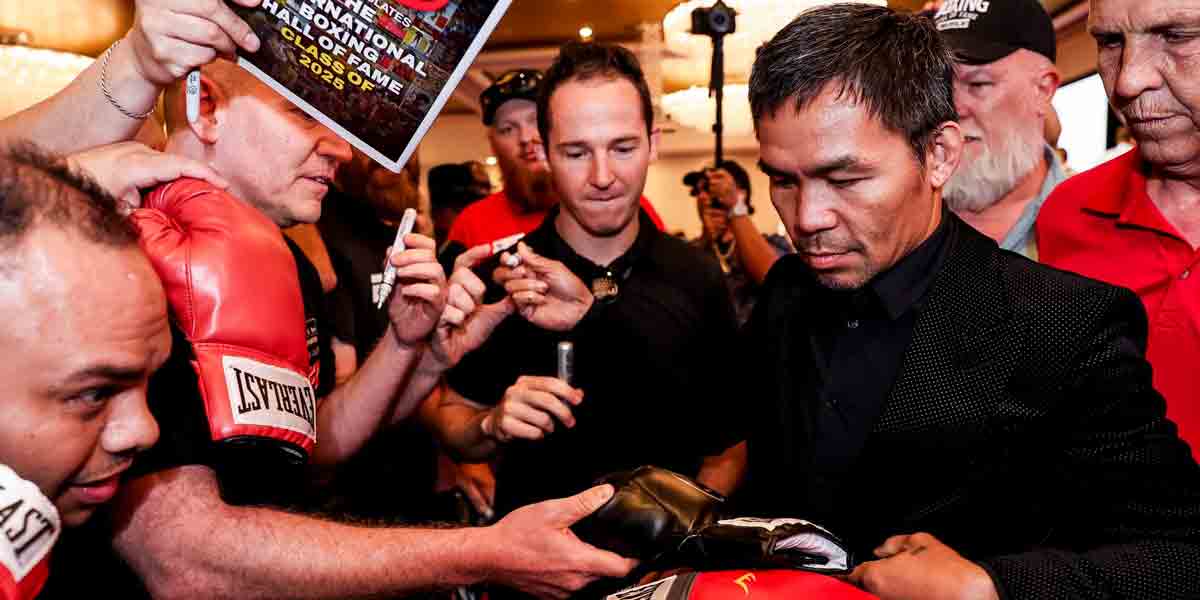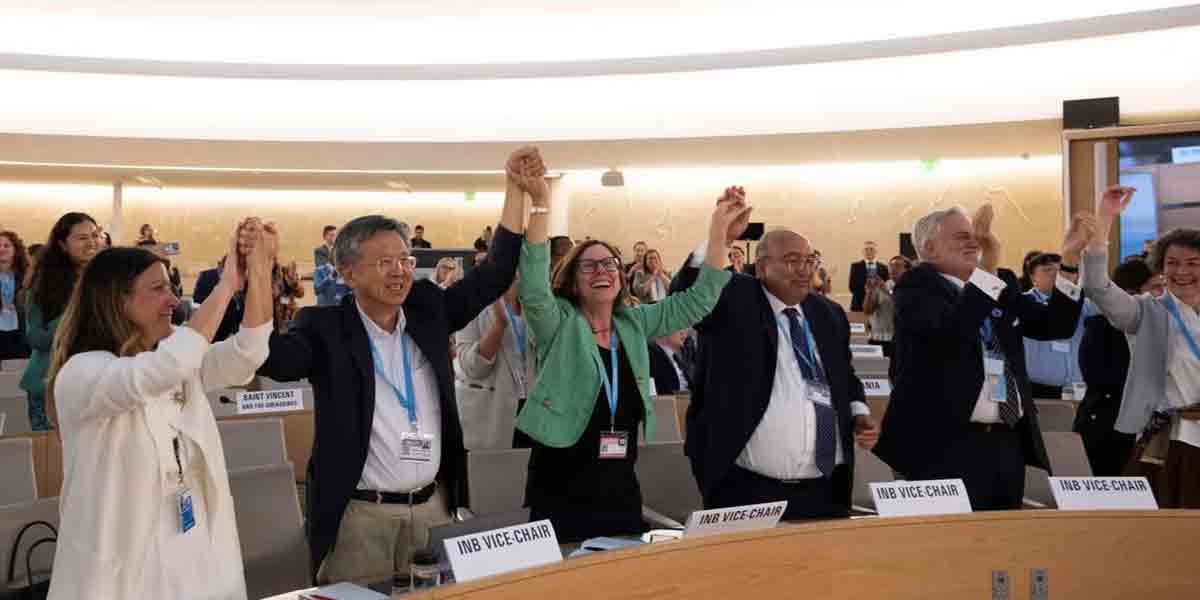By Joseph Bernard A. Marzan
Commission on Elections (COMELEC) Chairperson George Erwin Garcia on Friday, April 11, introduced new transparency and access features for the 2025 national and local elections.
Speaking at a pre-election forum organized by the Philippine Press Institute, Garcia said the upcoming polls will feature improved information access for the media and the public.
Among the new measures are:
- The printing and posting of election returns on precinct walls before transmission;
- Transmission of results to the servers of municipal and city election offices, COMELEC’s central and backup servers;
- Provision of a dedicated media server for real-time access to election returns;
- Public release of transmission logs, audit logs, IP addresses, and hash codes used during the elections; and
- Publication of all candidates’ statements of contributions and expenses after submission.
Garcia said COMELEC’s central server is also mirrored to the Department of Information and Communications Technology (DICT) and may be monitored by the media.
“Whatever is received by the municipal or city board of canvassers and our central server is also sent to the [Parish Pastoral Council for Responsible Voting], the [National Movement for Free Elections], the majority party [Lakas-CMD], the minority party [Nacionalista], and the media because you have a server for the first time,” Garcia said.
He said all parties to the election returns can expect faster transmission.
During a pilot test in Patikul, Sulu, the commission was able to transmit results to all servers in four to five seconds using Starlink.
“At least everybody can now compare,” he said.
“For each and every precinct, we are going to show to the public, to the watchers, to the observers, all the ballot images, randomized, inserted into the machine throughout the day,” Garcia explained.
“If there were 300 voters, after everything is done by the electoral boards, we will show all ballot images to everyone. They can take pictures or video of the front and back of the ballots. They can count if the result matches the printed and transmitted election returns,” he added.
Garcia also highlighted a Viber group managed by the COMELEC, which includes around 300 media practitioners.
“They know, they don’t ask yet, but we already give them the information,” he said.
“We offer the information to them because that should really be it — that the COMELEC, a government institution, must always be transparent. We must always be telling the truth.”
He gave a firm assurance that the commission would not interfere in media content or press freedom.
“This is the guarantee of your COMELEC to the members of the media — the COMELEC will never, never interfere with what you say or write,” he said.
Garcia also cited the publication of redacted Certificates of Candidacy (COCs) for national and local candidates as a move toward transparency.
He explained that publishing the documents online helps the public scrutinize candidates more effectively.
Garcia referenced the case of dismissed Bamban, Tarlac Mayor Alice Guo, who is alleged to be a Chinese spy.
He said the commission’s role is limited to accepting COCs.
“The Supreme Court said we cannot refuse. We do not have the power to motu proprio cancel. There should be a petition,” he said.
“For transparency, we published the COC, so that anybody can question why a candidate is running.”

